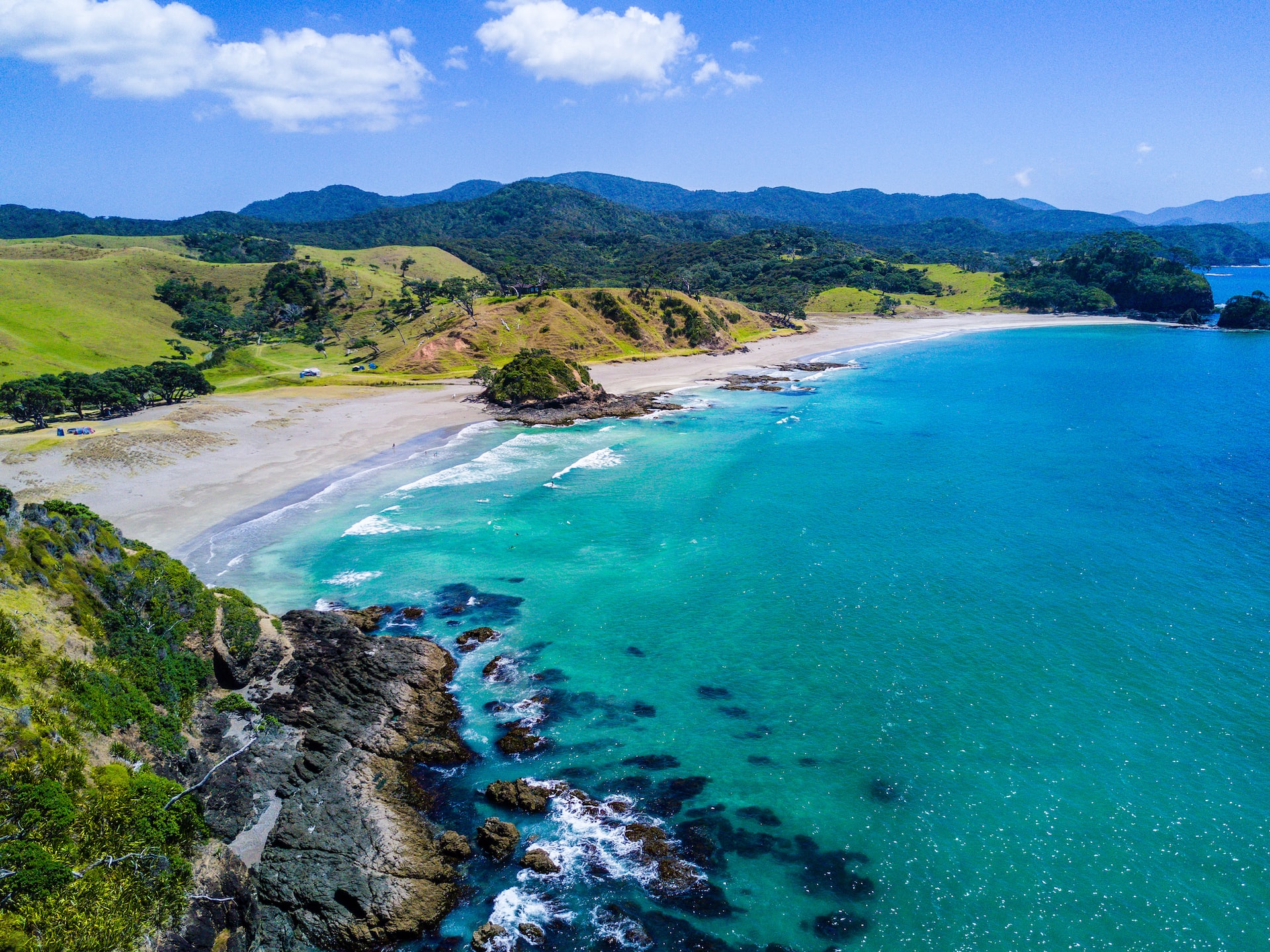
Te Whanganui a Tara – The Aotearoa resource system is broken, consent fees have almost doubled, and consenting time frames increased by 50 percent in recent years.
New standardised conditions set by government will see fewer bespoke consents and speed up the process. Time to consent will shorten, and fast track process retained.
On a conservative estimate costs will fall 19 percent or $149 million a year or $10 billion over 30 years.
The government is delivering a new resource management system which will better protect the environment and cut red tape.
The government is introducing the natural and built environment and the spatial planning bills which will replace the Resource Management Act.
New Zealand developers’ consenting costs of 5.5 per cent of total project costs are at the extreme end compared with the UK and the EU, where consenting costs are between 0.1 per cent and 5 per cent.
Time to consent infrastructure projects increased by 150 per cent between 2010-2014 and 2015-2019.
More than 100 RMA plans will reduce to just 15 regional-level plans across the country. The time taken to prepare them will reduce from 10 years under the current system to a maximum of four years.
Off-the-shelf standards for housing and infrastructure projects will remove the need for bespoke specifications for each project, making future Transmission Gully-type projects easier and cheaper to consent.
The current resource management system has not supported Māori housing and development opportunities and the new bill is an opportunity to turn that around.
The new system will require regional planning committees to have an allocation plan.
The resource changes ensures New Zealand gets the best economic return from water rather than it being allocated on a first come first served basis. This builds on the work of former PM Bill English and moves towards solving water allocation issues in New Zealand.
The key elements of the new reforms, set out in the Randerson report and contained in an exposure draft, have already been considered by a select committee.
The natural and built environment and the spatial planning bills will now go through a full select committee process. The government aims to pass them into law before the next election.
The third piece of the reform, the Climate Adaptation Act, will be introduced later.

